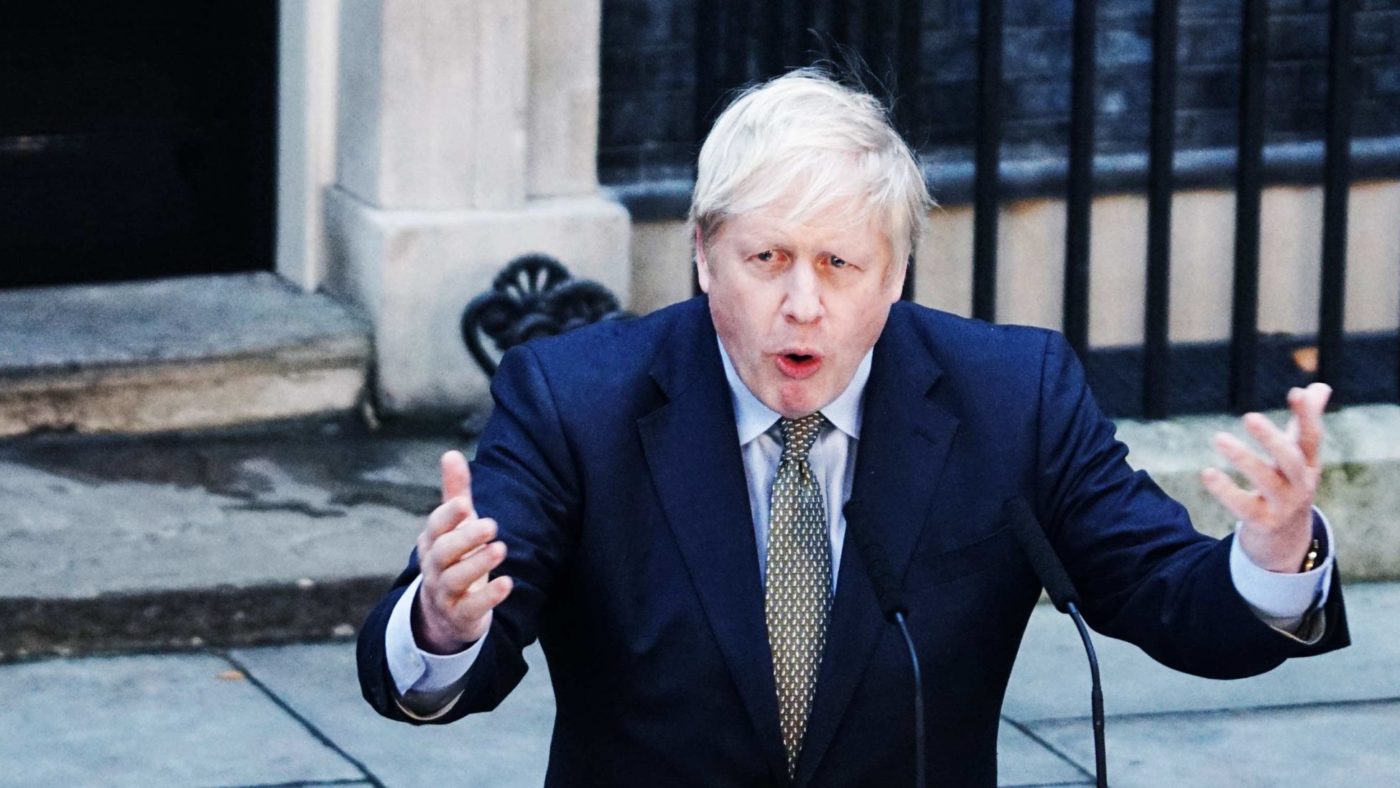Boris Johnson has his majority. The spectre of 2017 is banished, and for the first time since 1987 the Conservatives are able to form a strong, single-party government.
I said during the campaign that activists and commentators alike are both prone to fighting the last war, and I think that held out. Tories I spoke to were so scarred by the experience of the last election that very few seriously expected to win the sort of majority implied by the Prime Minister’s early poll ratings.
As a consequence of this, there has perhaps been less attention paid than there ought to have been to what such a victory will mean for the Conservative Party.
As Paul Goodman has suggested in ConservativeHome, 2019 could be a real inflection point in the evolution of the party. Johnson is the first Tory leader since Margaret Thatcher to win a proper majority, and he has done so by building a quite different electoral coalition to his predecessors.
Nor is that the only difference. Johnson may have won a Thatcher-size majority, but there are at least two other crucial differences between today’s Tory conqueror and the Iron Lady. First, Thatcher came to office with a well-developed philosophy and mission. Second, Johnson very obviously wants, perhaps even needs, to be liked.
Combine these factors and it is no surprise, as Goodman put it, that “it isn’t at all apparent that he has very much time at all for voter-antagonising reform of the public services: schools, hospitals, the police”. This tallies with the prediction of one gloomy Labour commentator, who suggested to me that Johnson can probably look forward to at least a decade in office because “he won’t do anything to piss anyone off”.
Such passivity would be a disservice both to the party and the country. Majorities are only as good as the use to which they are put, and it is the reforms wrought on society and the state that stand as the real legacies of even the greatest election winners. The Prime Minister’s legacy, not to mention the future of both his party and his country, may hinge on his taking bold action on several crucial fronts.
For starters, his new electoral coalition is not yet stable. The Tories won this week in a very specific set of circumstances created by Brexit and the toxicity of Jeremy Corbyn. Should ‘getting Brexit done’ actually take the heat out of the European issue, or Labour topple the hard left, one or more pillars of the current majority could peel away.
He needs therefore to find a policy programme which will persuade voters who have merely lent him their support to become committed Tory supporters. As has been noted elsewhere, this will almost certainly involve moving markedly to the left on a range of economic questions – a slightly ironic move for a government which has hired so many advisers from free-market think tanks – and both selling this to MPs and reconciling it with policies aimed at his party’s traditional supporters.
Notwithstanding this new challenge, Johnson has also inherited several policy time-bombs which have been ticking away under the British state and does not appear to have a solid plan for several of them. He was pulled up during the campaign for claiming to have a plan on social care, only to be unable to outline it. The manifesto pledges that the Government will “continue to increase the number of homes being built”, but is vague on how or, just as importantly, where.
Real solutions to either of these challenges will almost inevitably involve alienating quite a few voters – a serious strategic challenge which even politicians less wedded to popularity than Johnson have avoided confronting.
Unfortunately, it looks as if his instincts here are deeply, small-c conservative. As I have noted previously, his current strategy is focused very heavily on a long list of spending promises. In key portfolios such as education, such pledges comprise nearly everything the Conservative manifesto had to say on the subject, crowding out any detailed talk of reform.
Then there’s the Union, which is back on the radar after the SNP’s advances and the DUP’s miserable night in Northern Ireland. At present Johnson is sticking to the Conservative position of wholesale opposition to a second referendum, and there is a strong moral and practical case for doing so.
But as we have seen on an Irish Sea border, the Prime Minister is not above talking tough before taking the path of least resistance later. There will be plenty of siren voices urging him to default to the orthodox unionist ‘strategy’ of making concessions to the SNP and hoping for the best – and several key members of his ex-Vote Leave team aren’t unionists at all.
If he wants to secure his place as an historic Tory leader, Johnson must ensure that Brexit doesn’t consume his government’s whole intellectual energy. Time, resources, personnel, and political capital must be dedicated to ensuring that the Conservatives have an attractive and realistic programme, and solid domestic achievements to offer the electorate in 2024.
As of yesterday morning, Johnson has two of the key elements of greatness: the urgent need for action, and the means of acting. The open question is whether he possesses the third crucial ingredient: the will to act.
Click here to subscribe to our daily briefing – the best pieces from CapX and across the web.
CapX depends on the generosity of its readers. If you value what we do, please consider making a donation.


